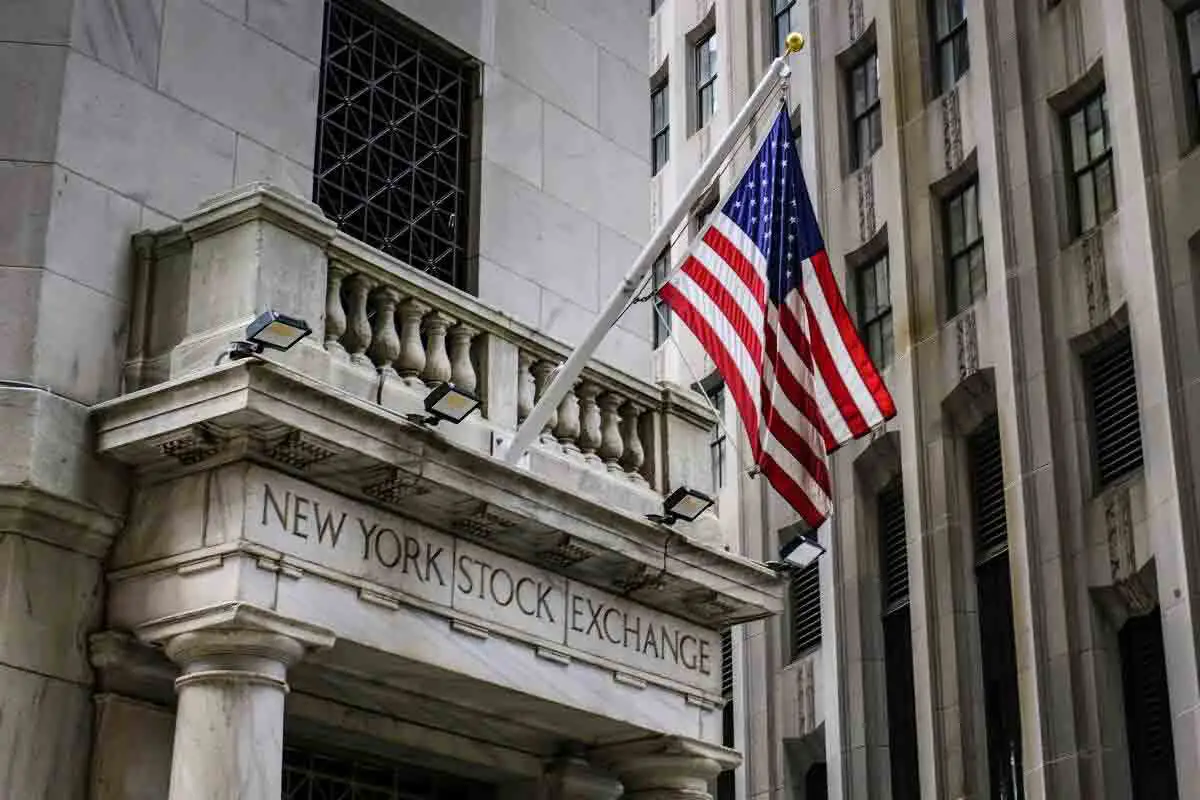In a riveting face-off between finance giants and Capitol Hill, the chief executives of JPMorgan, Bank of America, Citigroup, Wells Fargo, and other major banks are gearing up to make their voices heard before the Senate Banking Committee. This week’s much-anticipated showdown promises to be more than just a routine regulatory discussion; it’s a clash of ideologies that affects Main Street, small businesses, and everyday Americans.
The Line-Up: Human Faces Behind Financial Giants
Picture this: Jamie Dimon from JPMorgan, Brian Moynihan from Bank of America, Jane Fraser from Citigroup, Charles Scharf from Wells Fargo, David Solomon from Goldman Sachs, James Gorman from Morgan Stanley, Ronald O’Hanley from State Street, and Robin Vince from BNY Mellon. These aren’t just names; they are the faces steering the financial ships that navigate the turbulent seas of the economy.
Stakes are High: Economy, Worker Rights, Climate Change, and More
As these CEOs prepare to testify, their concerns extend beyond profit margins and balance sheets. Worker pay and rights, climate change, mortgages, and financial stability are on the agenda. It’s not just about numbers; it’s about the lives and livelihoods intertwined with the decisions made in boardrooms.
The impending “Basel Endgame” proposal looms large over the proceedings. This radical overhaul of how banks calculate their loss-absorbing capital has ignited a fierce industry campaign to halt its progress. The CEOs argue that such regulations could have a domino effect, stifling lending and negatively impacting small businesses and consumers.
A Balancing Act: Winning Over Moderates and Skeptics
The CEOs see this congressional appearance as an opportunity to woo key moderate Democratic senators. They aim to convince these influencers that regulations, if implemented, could hamper economic growth, ultimately hurting those on Main Street.
However, the executives face an uphill battle as they attempt to reassure skeptical lawmakers, including the Committee’s Democratic chair Sherrod Brown. Brown’s commitment to the Main Street economy and the workers powering it sets a high bar for the CEOs. They must demonstrate that the banking sector is secure and robust, especially in the wake of the Silicon Valley Bank collapse and the demise of two other lenders earlier this year.
Brown states emphatically, “It’s our job to hold them accountable to their workers, to their customers, and to the American people.” The stakes are high, and the CEOs must navigate this fine line with transparency and conviction.
Voices from the Banks: Silence Before the Storm
Spokespeople for the banks have maintained a cautious silence ahead of the hearing. The anticipation builds as the CEOs gear up to present their case. Kevin Fromer, president of the Financial Services Forum, representing the CEOs, anticipates that the Basel proposal will take center stage. Fromer emphasizes, “The hearing this week gives the CEOs an opportunity to discuss the important work of their firms in supporting their customers, the economy, and financial stability.”
PEOPLE ALSO READ:
Digital Dollars and Crypto Currencies: The Evolution of Money
A Historical Context: Banks in the Congressional Spotlight
This is not the first time big bank CEOs have faced Congress. Since the aftermath of the 2007-09 financial crisis and subsequent scandals, these executives have been in the crosshairs of Washington. The hearings, while seldom resulting in immediate legislation, have prompted banks to make significant changes.
In 2021, Jamie Dimon found himself in a fiery exchange with Democratic Senator Elizabeth Warren over overdraft fees. The result? Big banks subsequently reduced overdraft fees, showcasing the impact these hearings can have on financial practices. Last year, Warren grilled Dimon over fraud on the bank payment network Zelle, leading to enhanced fraud protections.
The Congressional spotlight has not always been kind to bank CEOs. In 2019, Wells Fargo’s CEO Tim Sloan resigned after stumbling during a hearing about the bank’s regulatory troubles. The hearings are not just bureaucratic rituals; they are moments that shape the trajectory of financial institutions.
Shifting Dynamics: From Defense to Assertiveness
In recent years, banks have faced criticism from Republicans who accused them of cutting off fossil fuel companies and gun manufacturers. However, the tide seems to be turning. After years of playing defense, the CEOs are expected to adopt a more assertive stance. This time, they have the backing of Republicans critical of what they perceive as excessive red tape.
A Bipartisan Focus: Concerns Echo Across Party Lines
It’s not just Republicans; some moderate Democrats have also voiced concerns. They worry that the Basel proposal could force banks to pull back from lending, limiting access to credit for those who need it most. Tim Scott, the Committee’s top Republican, makes his intentions clear: he plans to focus on Basel and other “burdensome” regulatory proposals. The CEOs must navigate the intricacies of bipartisan concerns, presenting a united front against what they perceive as regulatory overreach.
